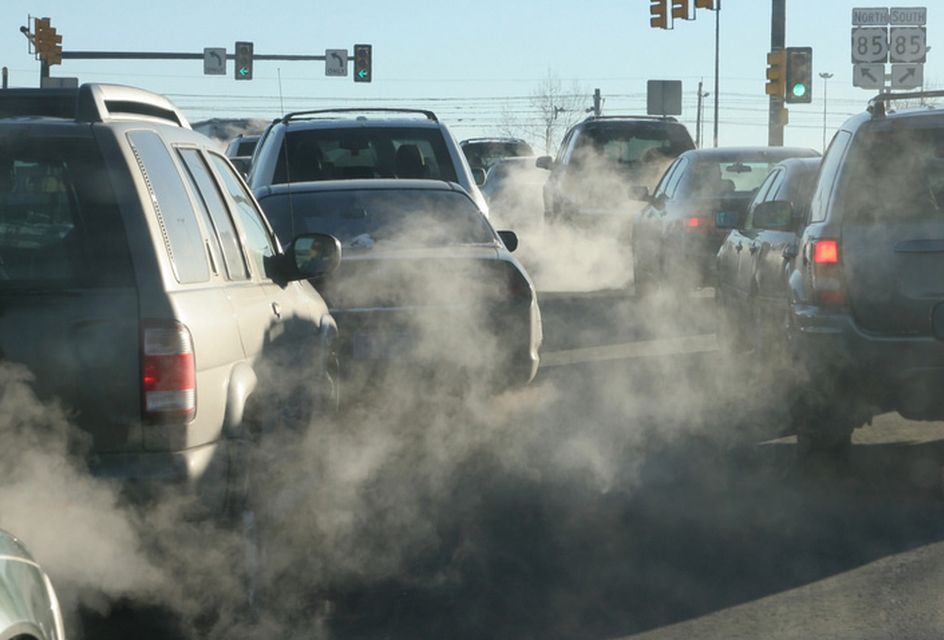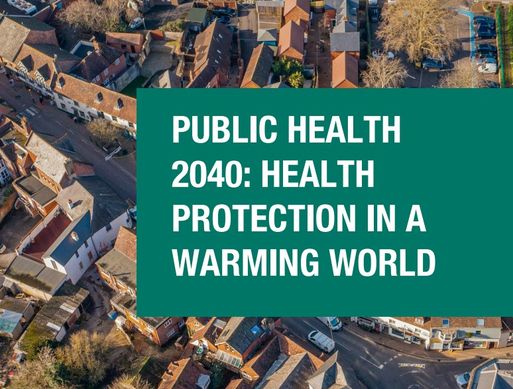Here's how climate change is affecting our health – and what we can do to manage it
Author: Shakar Tayib 13 September 2024 1 min read
Our climate is changing. Here's how we can manage the effects of it on our workforce.

Climate change is set to pose significant changes to our planet and health. The wider public health workforce, who are key to ensuring a healthy population, are uniquely placed to help manage these changes to the public’s health.
It's important that we assess the future needs of the workforce to ensure that they have the capacity, skills, resources and support needed to protect the public from the impact of new threats on their health.
Who are the wider public health workforce?
The wider public health workforce includes any individual who is not a specialist or practitioner in public health but has the opportunity or ability to positively impact health and wellbeing through their work.
How will climate change affect my health?
Climate change will disproportionality affect those already facing significant inequalities in health. The briefing sets out how it will have significant effects on:
- Air quality
- Pests and communicable diseases
- Extreme weather events
- Infrastructure
- Food and water security
What can we do?
If left unaddressed, the disparity of our nation’s health will continue to widen, leading to further long-term health problems and shorter life expectancies across the UK.
As the sector on the frontline trying to mitigate many of these problems, it is vital the workforce receive support to deal with the changing climate. This should include further training, upskilling, expertise, recruitment and investments.
The Government must develop a comprehensive mitigation strategy, including a plan for how they will work with the workforce, to mitigate the effects of climate change on public health.
But they cannot solve this problem alone. The entire public health sector must adopt this approach to help the workforce manage these changes.
Download the full briefing

Public health 2040: health protection in a warming world
PDF10.9mb
Climate change will disproportionality affect those already facing significant inequalities in health. The briefing sets out how it will have significant effects on: air quality, pests and communicable diseases, extreme weather events, infrastructure, and resource security.
Download file